Vigan is a UNESCO World Heritage Site and a museum city. Established in the 16th century, this historic city gives the new generation the best glimpse of a planned colonial town during the Spanish rule in the Philippines. It is also one of the few European trading towns in Southeast Asia that are still in exceptional condition.
Calle Crisologo is probably the most visited street in Vigan. Walking down Calle Crisologo is like walking into the Spanish colonial era. Many of the houses here belonged to prominent families who prospered because of the Manila-Acapulco trade. It is flanked with old heritage houses, which keep the “period” charm of the place. Most houses feature a unique mixture of Asian and European design and architecture — red-tiled roofs, large doors, massive walls, capiz shell windows.
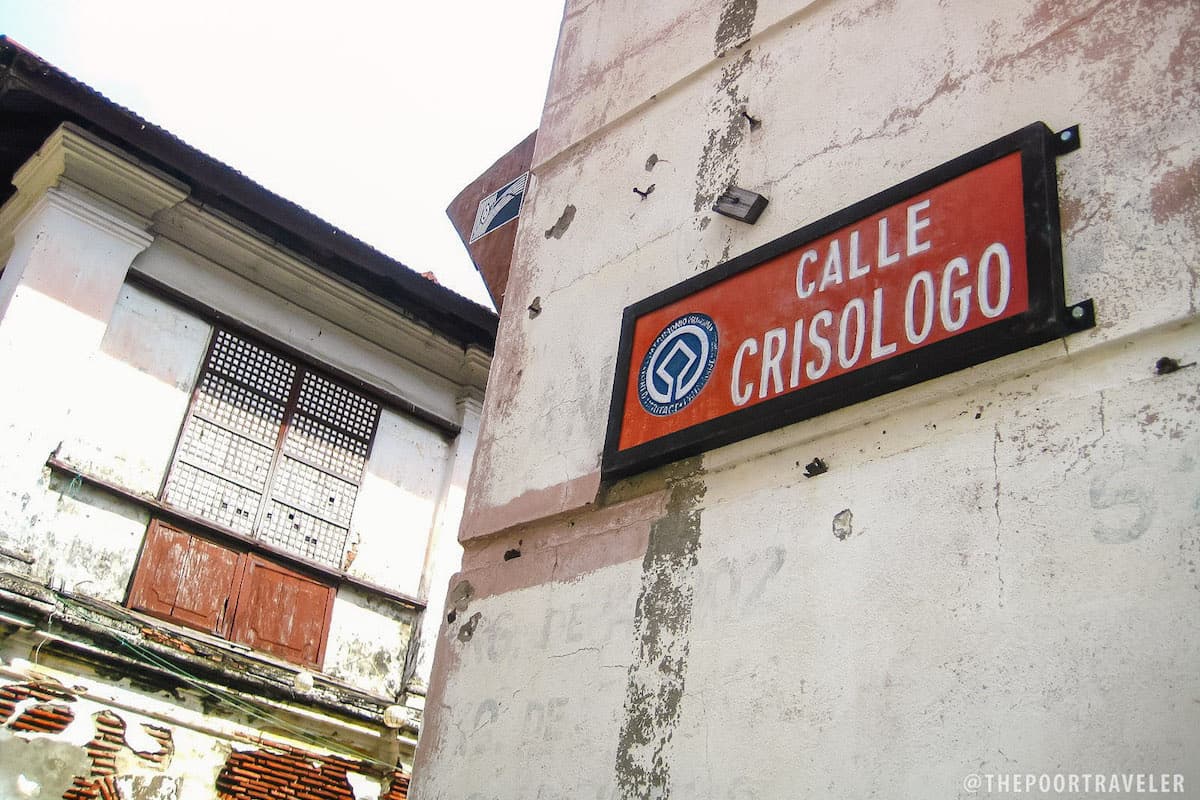
The Poor Traveler and his friends only had one destination in our itinerary for the third day of our Ilocos Tour — Vigan! We actually had spent some time in this beautiful city on our first day but we had very limited time to see much of it. Because we had to be back in Manila by 7pm, we only had half a day to explore the old city and buy some pasalubong for our friends and relatives back in the capital.
We only had three things in our agenda that morning — camwhore, shop, lunch. We started scouring the area for Vigan longganisa but along the way, we found ourselves buying hats, shirts, and bottles of native vinegar while taking tons of picture.
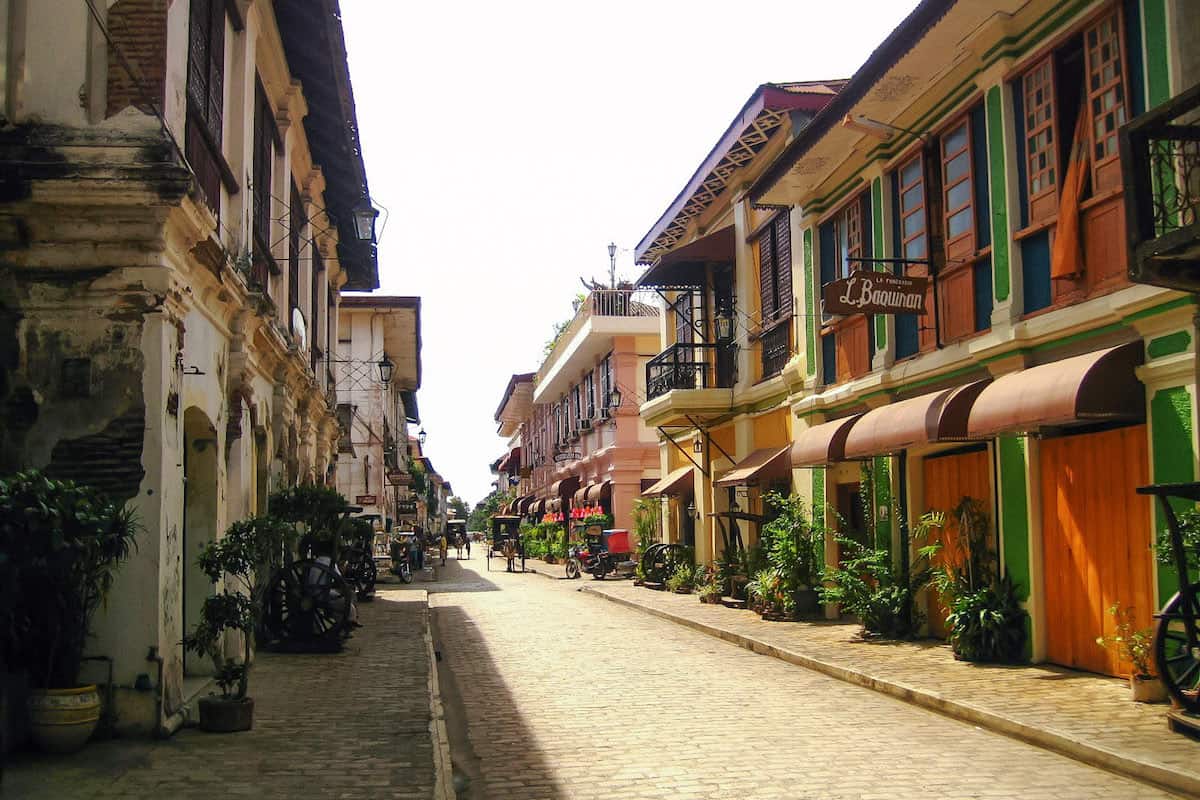
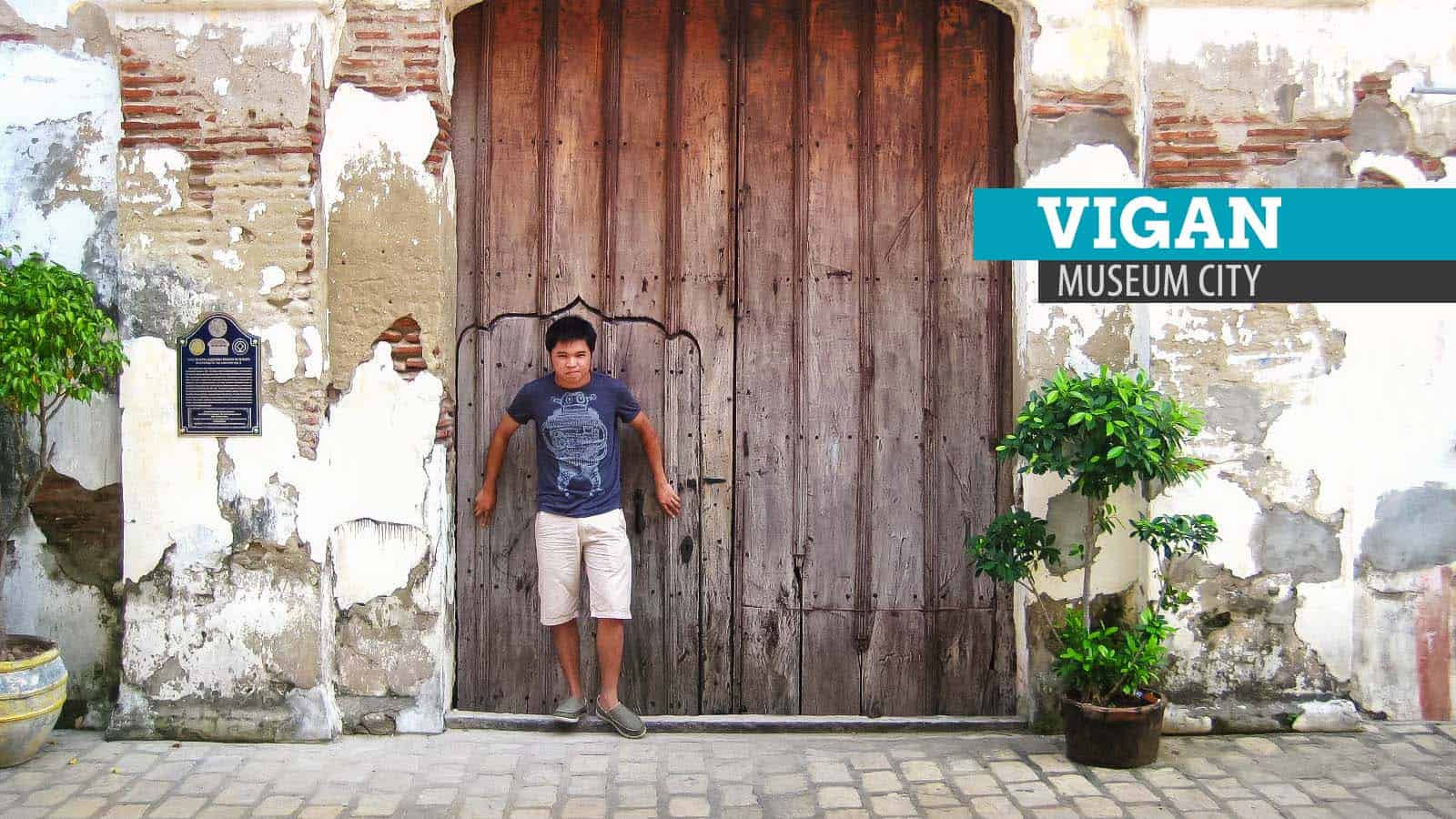
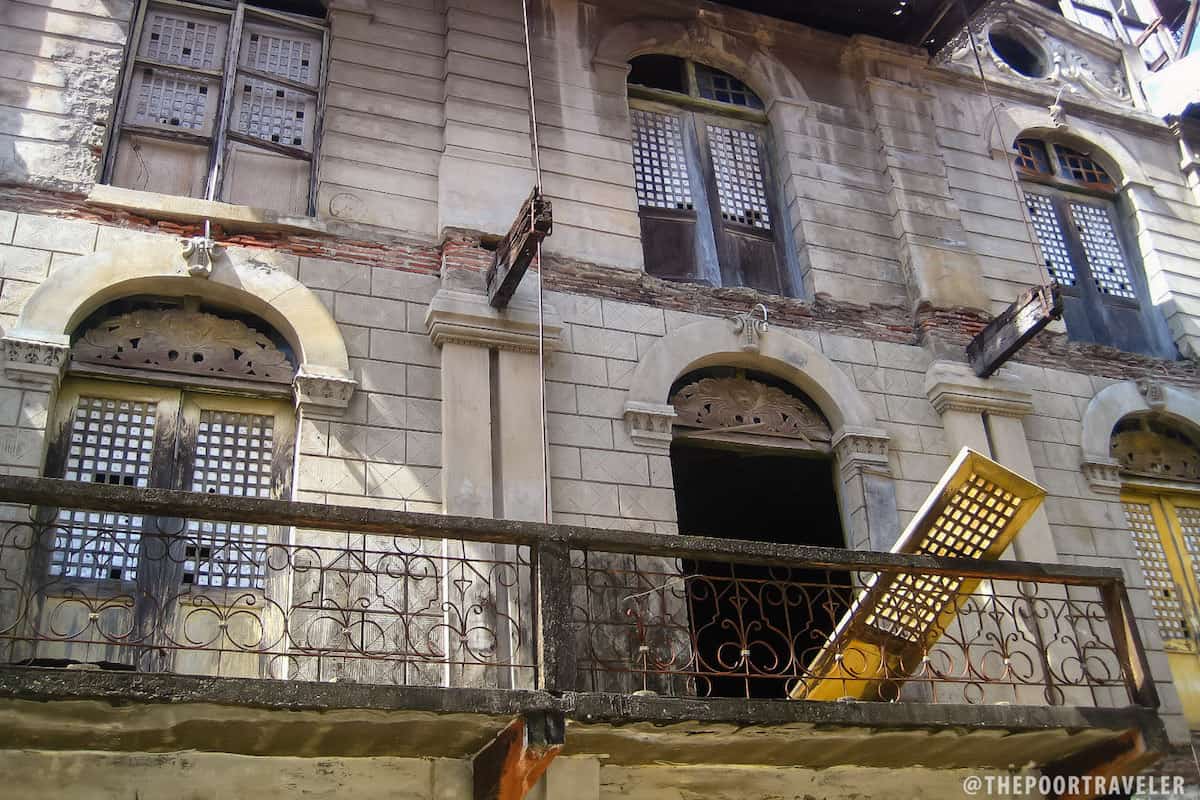
Before the Spanish arrived, Vigan was just a small village made of bamboo houses on stilts. According to UNESCO: “In 1572 the conquistador Juan de Salcedo founded a new town, which he named Villa Ferdinandina, on this site, and made it his capital when he was appointed Lieutenant Governor (Encomendero) of the entire Ilocos region. Intended as a trading centre rather than a fortress, it was the northernmost city established in the Philippines by the Spanish.
“Vigan’s architecture reflects the coming together of cultural elements from elsewhere in the Philippines, from China and from Europe, resulting in a culture and townscape that have no parallel anywhere in East and Southeast Asia.”
Written on: 2010 • 8 • 28
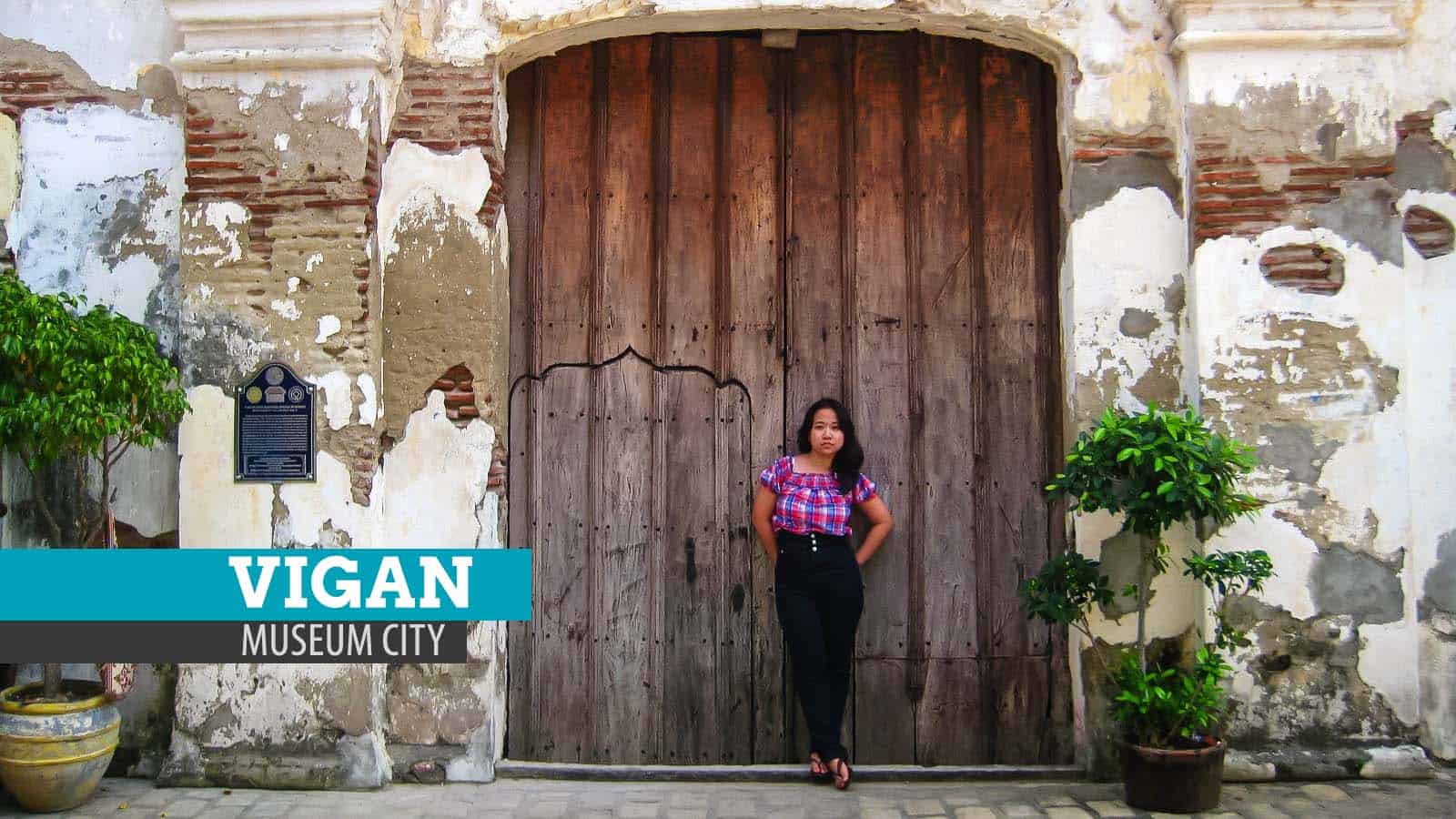























i kept on visiting vigan again and again…it has her own charm and magic…..
I LOVE VIGAN!!
old and nice just like me hehe